The hair industry in general is blooming all over the world. Hair extension industry in Africa is not an exception. If you are interested in the industry to do research, to prepare for an investment or to start a business, here is all the information to grasp. You’d better know about the general growth, key segmentation, opportunities and challenges of the current industry as well as what are your chances to join the business.

5 Things To Know About The hair industry In Africa
1. Market size and the growth of the hair industry in Africa
The hair business in Africa has gone through a lot of crisis for the past 5 years. Especially in 2019 with the appearance of covid pandemic, the worldwide business was severely affected, so was the hair extension commerce. Till 2021, the business just showed some positive signs of development. These days are the first days of 2023, and the hair industry does have a good beginning growth.
In terms of market size, statistics show that this industry in Africa brings about billions of dollars each year, contributing to the number of 4 billion dollars of the total value worldwide in 2022. This number in 2023 is expected to double. After all, the hair extension industry is surely developing significantly.

Market size and the growth of the hair industry in Africa
2. Market segmentation of the African hair industry
The market segmentation of the hair extension industry is divided into 4 main segments, including demographic, geographic, behavioral and psychographic segmentations.
Demographic segmentation:
- Gender: male, female (Hair extensions for females are much more diverse than those for males. The types and styles are different as well.)
- Income: low, medium, high (Hair extensions have a wide range of price to meet the demand of income, from cheap synthetic items to luxury human hair extensions.)
- Occupation (Many hair extension types and styles are more suitable for active outdoor work than others, etc.)
Geographic segmentation:
- Location: South Africa, Nigeria, Ghana, Cameroon, etc (The trending hairstyles are different among countries.)
Behavioral segmentation:
- Consumer action
- Decision-making behavior
Psychographic segmentation:
- Lifestyle
- Personality
- Interest
Based on these main segmentations, the hair extensions are produced and innovated to meet as many demands of customers as possible. Many amazing hair extension types and styles are then created such as quick weave, balayage and so on. In short, all hair extensions in the hair industry can be divided into many groups, according to:
- Hair materials: human hair extensions, synthetic hair extensions
- Hair origins: Vietnamese hair, Chinese hair, Indian hair, Cambodian hair, etc.
- Hair types: hair wigs, quick weave, hair weave bundles, hair closures, hair frontals, clip in hair extensions, tape in hair extensions, ponytail hair extensions, etc.
- Hairstyles: bone straight, voluminous curly, body wavy, loose wavy, deep wavy, bob, lob, yaki straight, dreadlocks, braids, ombre colored, highlight colored, etc.

Different hair options (hair extension types and styles) in the market
3. Opportunities of the hair industry in Africa
Hair extension industry in Africa is expected to develop astonishingly thanks to a lot of opportunities:
- Growing demands for hair extensions: The growing demand is the final result of many factors. First of all, the average income of Africans is on the rise, so Africans are more likely to spend money on hair extensions frequently. Secondly, the influence of the Internet users on the beauty standard also motivates people to care more about their hairstyles. Nowadays, we have KOLs, KOCs who create so many beauty trends that people are likely to follow. In addition, the increase of hair issues such as hair loss due to stress also lead people to using hair extensions.
- Open international trade: The African economy is now quite open. Therefore, hair extension sellers can take the opportunities to reach many potential hair exporters all over the world. They will have the chance to compare and choose the best suppliers with diverse good hair and cheap prices.

Many factors are chances for hair industry
4. Challenges of the African hair industry
Besides opportunities, the hair extension industry in Africa also has to face a couple of challenges:
- The dependence on Asian hair exporters: It is a fact that there is no hair factory in Africa. African natural hair is super dry, curly and short due to rigid weather conditions and natural genes. Therefore, there is no source of raw hair materials. Africa is just not the region where hair manufacturing has become a traditional business like that in Vietnam, India or China. The only way to have hair extensions in Africa is to import wholesale hair mostly from Asia. Therefore, African resellers are not the ones who can directly control the hair quality and prices.
- Payment and shipping barriers: In some countries in Africa, payment and shipping are still a tough problem when it comes to international trade. For example, the payment and shipping from Asian countries to Nigeria now depends 100% on intermediary agents. The common unit of currency used in transactions now is US dollars, but Nigerians can pay in Naira only. The intermediary step to exchange Naira into US dollars is costly and affects the general business results.

Some challenges need overcoming for hair industry development
5. Chances to join the hair industry in Africa
After all, the hair extension business has its own pros and cons, opportunities and challenges. If you are going to step in this industry, you need to master what are the main available options:
- Hair extension resellers: You can be either store owners or online business runners. In addition, you can choose to become a wholesale vendor or simply a retail reseller. The common point is that you need capital, knowledge and human resources to run the business.
- Hair salon owners: Salon owners are quite similar to hair store owners. However, the salon offers more hair extension services such as hair installation, hair removal and hair care. This requires you to hire professional stylists, or else you need to be the professional.
- Hair stylists: Hair stylists are in charge of installing, styling, taking care of and removing hair or hair extensions. In the beginning, you can work as an employee of a hair salon to gain experience. When you’ve got enough skills and resources, you can totally open a hairstylist center and be the owner.
- Hair models: Another position in the hair industry is to become a hair model. Simply, you are the model for hair extension sellers. Modeling is a high-paid and interesting job.
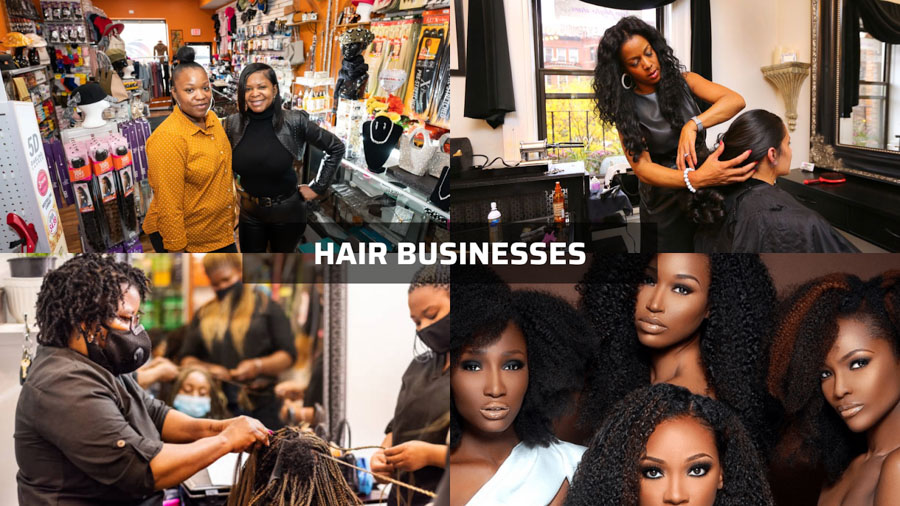
Many jobs in the hair business
In conclusion, the hair industry in Africa now is blooming with a lot of opportunities. Together with that are also many challenges to handle. To join the business, you need to considers all the pros and cons, advantages and difficulties. As a result, the best preparation will help you succeed.








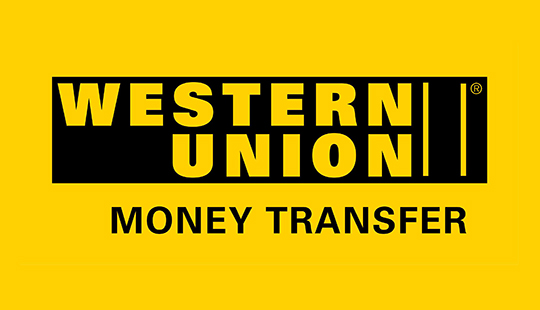
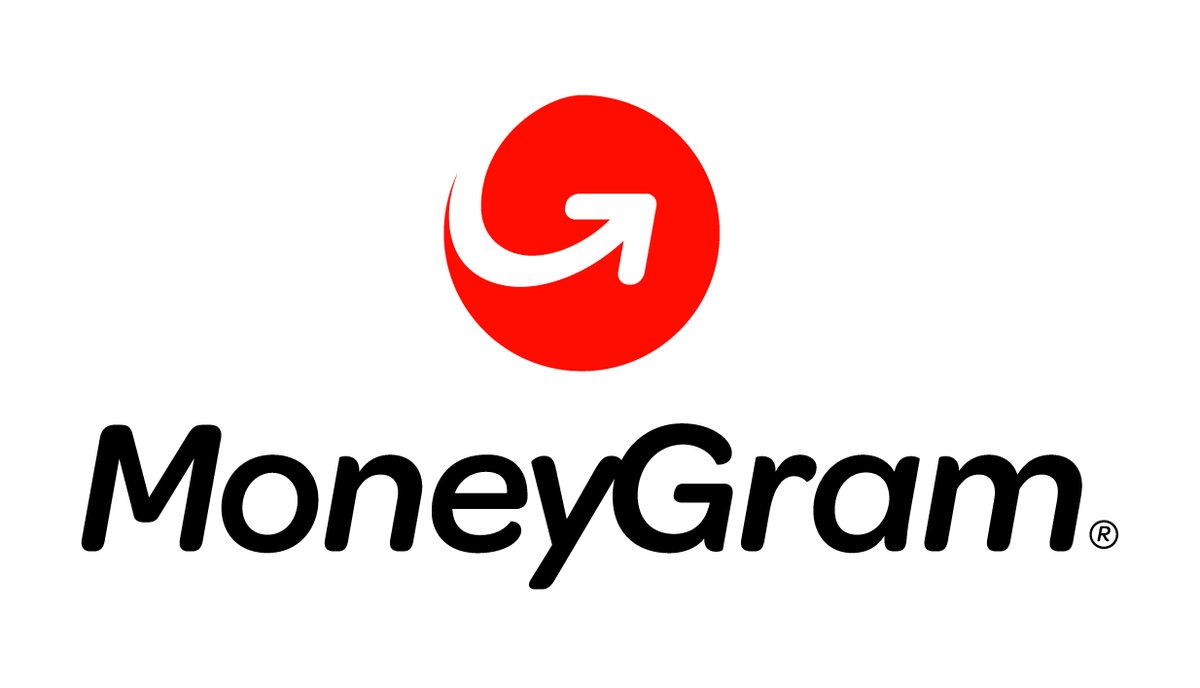
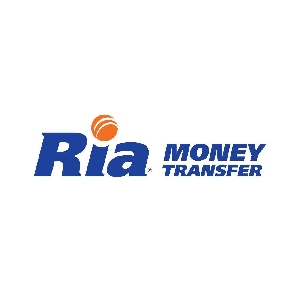
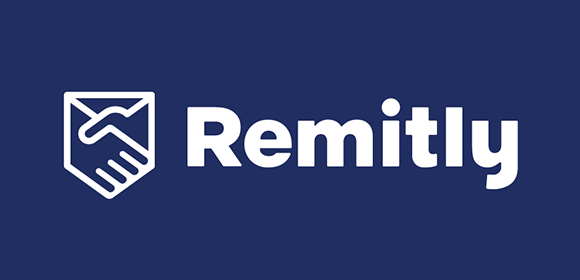
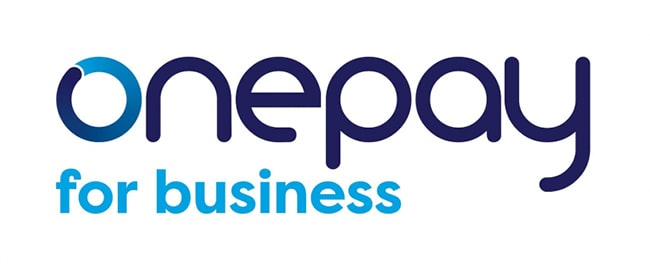
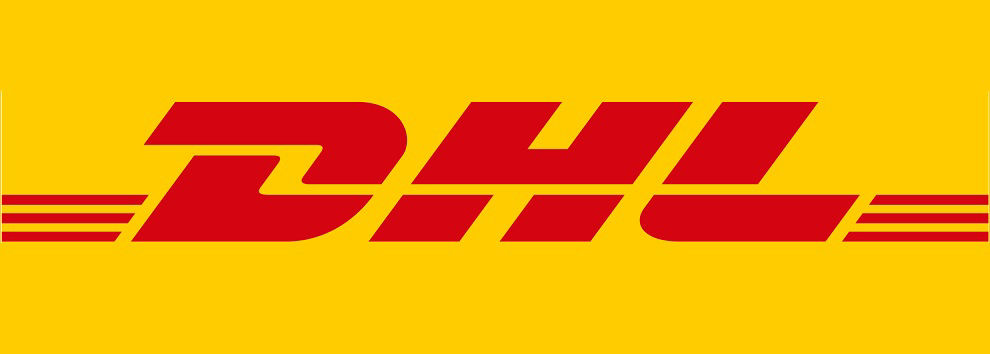
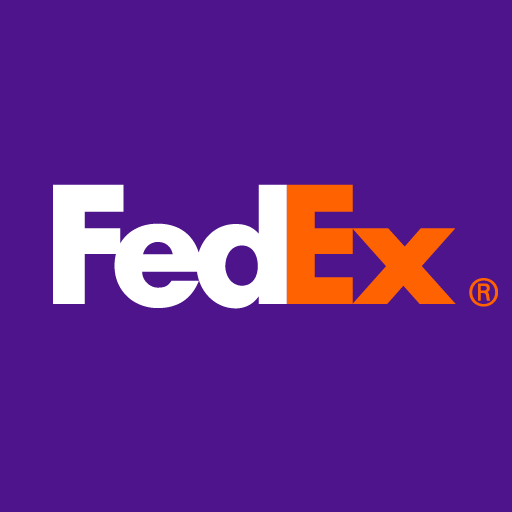

I'm about to open a hair salon in Nigeria. Thanks for this information
Thanks for sharing
I want to join the industry!
What's the particular situation in Nigeria?
I want to start a hair business. Can you help?
What should be the budget to start a hair business in Ghana?
Great, thanks a lot
This is really worth reading
This give an overvall of the hair industry in Africa in a very easy-to-understand way. Brilliant!
Very useful for a starter like me. Thanks